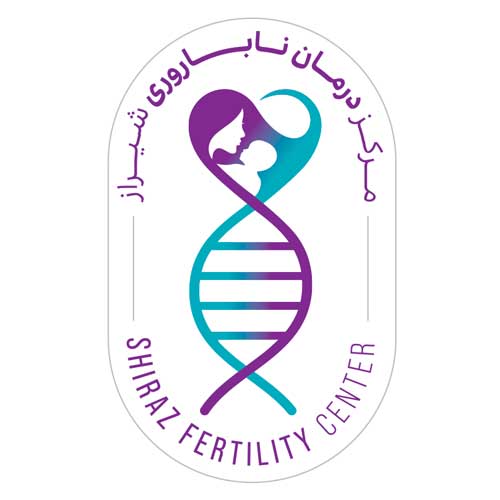
Egg donation

Polycystic ovary syndrome and ART
(Surrogacy)

The use of a surrogate mother offers women without a functioning uterus the opportunity to have a child. The techniques used for this procedure are not different from those used for other Assisted Reproductive Technologies (ART), but the legal, ethical, and psychological aspects of this process are complex. Indications for the use of a surrogate mother include congenital or acquired absence of the uterus, uterine abnormalities such as irreparable Asherman’s syndrome or a unicornuate uterus with recurrent miscarriages, medical contraindications to pregnancy (such as pulmonary hypertension, serious medical conditions that can worsen during pregnancy or pose a risk to the fetus), and biological inability to conceive (such as same-sex couples). Surrogacy can also be considered in cases of unexplained infertility (such as repeated IVF failures without a clear cause despite the transfer of good quality embryos).
The gestational carrier can be a relative or an unrelated individual to the couple, and they may receive compensation for their services. Individuals selected for gestational surrogacy must have a history of live births and undergo a thorough psychological evaluation. A formal legal contract is essential to document the agreed-upon terms between the infertile couple and the individual who will carry the pregnancy.
Source: Clinical Approaches to Infertility in Reproductive Biology
Also read:



